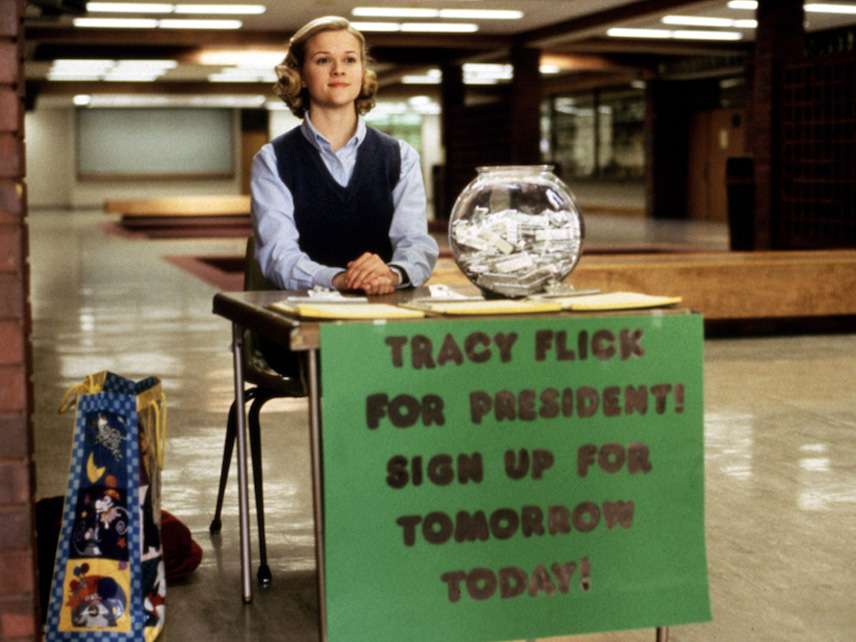Pundits Gripe Over Meaningless Senate 'Popular Vote'
To the extent that this is even a thing, it's no surprise the Democrats won it, since they won most of the seats that were up yesterday.
I've been seeing this argument a lot last night and this morning:
Senate popular vote:
Democrats: 40,558,262 (55.4%)
Republicans: 31,490,026 votes (43.0%)Senate seats: Republicans +3
— Mark Copelovitch (@mcopelov) November 7, 2018
The biggest problem with this sort of analysis is that the Democrats…won most of yesterday's Senate races. No, seriously: If the Senate consisted solely of the states that elected senators yesterday, the Democrats would have a majority of legislators to match their majority of votes. The reason the Republicans wound up gaining seats is because most of those Democratic victories came in states they already held. If you really want to compare the total number of senators each party has to the number of votes those senators received, you'd need to bring in a bunch of ballots cast in 2014 and 2016 too.

But that would be a pointless exercise, because the Senate (and the House) are not elected by a single national "popular vote." Legislative elections are not presidential elections. The U.S. does not hold one big race between a generic Democrat and a generic Republican to determine which party should control each chamber. It holds individual races between individual candidates, each with his or her own strengths and weaknesses. Each race also has its own dynamics—for example, how close it is likely to be—that can increase or decrease turnout for reasons largely unrelated to national patterns. (The Senate figures are further distorted by the fact that in California, both candidates on the ballot this year were Democrats. So even if you voted against the incumbent there, you go into that "votes for Democrats" pile.)
It would be one thing if this were just a silly bit of post-election spin, but it speaks to a deeper rot in the way many people look at our politics. For all the partisan sorting we've seen over the past few decades, there still is a fair amount of regional variation in the parties. One way those centrist northeastern Republican governors win is by distancing themselves from the national GOP. You see something similar among red-state Dems like West Virginia's Sen. Joe Manchin. (West Virginia voters in general sometimes feel like they're trying to will into existence a populist party that isn't beholden to either of the big national organizations.) Those relatively independent-minded politicians are joined by a growing number of registered independents in the electorate—and no, those voters aren't just a bunch of "closet partisans." To pretend that we were simply watching two national races last night is to erase an immense amount of American variety. In the process, you just feed the false idea that only two political options are possible.


Show Comments (145)